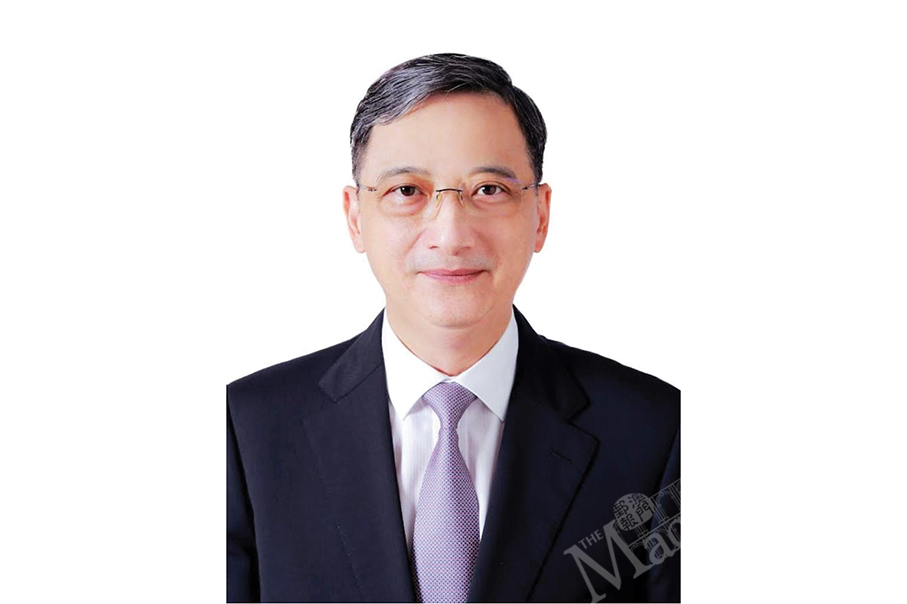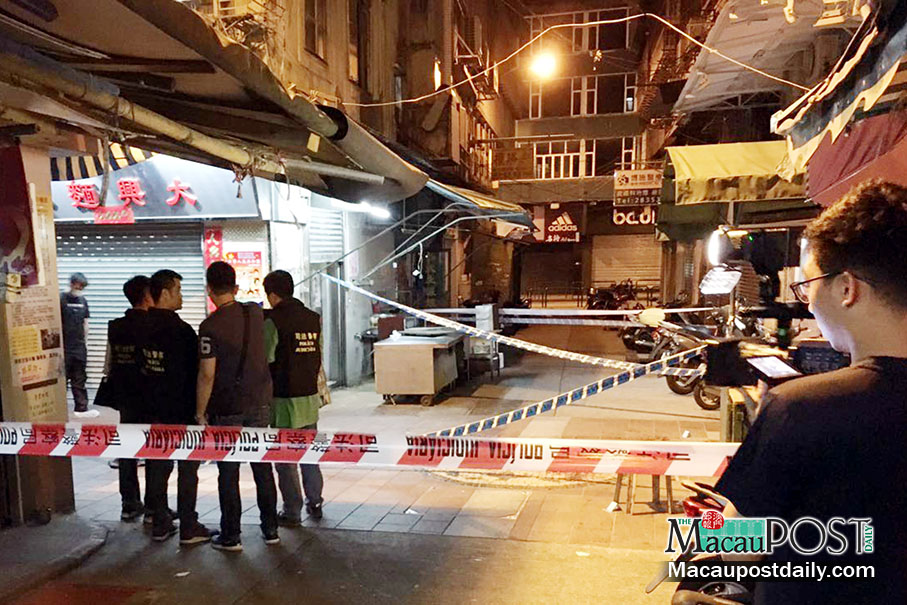Indirectly-elected lawmaker-cum-doctor Chan Iek Lap said that the government’s mass nucleic acid tests (NATs) during the current COVID-19 outbreak are aiming to find anyone who tests positive for COVID-19 in the community, in order to reduce the risk of the novel coronavirus spreading in society, adding that he was glad that the number of people who tested positive in mixed samples has gone down.
Chan made the remarks in an exclusive phone interview with The Macau Post Daily on Tuesday.
Precautions for parents to take to protect their kids
When asked about how one could prevent children from being infected with COVID-19, Chan said the “main precautions” that the children and their families should take is not to go out and about and not to touch anything outside. Therefore, he said, the government’s special COVID-19 control and prevention measures are a way to protect the children and their families as they are supposed not to stay outside for a long time.
Apart from medical workers who need to wear facemasks for more than eight hours a day, Chan said that members of the general public will never get used to wearing facemasks, especially KN95 or N95 facemasks, for a long time, adding that many people feel “it is hard to breathe” when wearing the facemasks, which also may make it hard for them to speak, as “negative pressure” is affecting them when they breathe. This is another reason not to go outside too much.
Consequently, Chan said, besides going out to have their NATs, people should reduce their outdoor activities, especially people who have two or more children in the family. He underlined that, if necessary, it is better for only one family member to go out to buy daily necessities, while keeping to at least one-metre social distancing.
Chan also urged people not to wear the same facemask for a few days, especially if they have been talking to others at a close range or been in a crowded place. Chan said that people who worry that there are viruses on their facemasks should change their facemasks daily, adding that parents who have touched their facemasks should never touch their children, until they have washed their hands, in order to protect them.
Disinfecting clothes & footwear
Chan also urged family members to disinfect their clothing, including shoes every time they return home, adding that the clothes can be washed with laundry detergent labelled for fungus and mould proofing. Items such as handbags that cannot be disinfected should be put in a place where children are unable to reach them.
Moreover, Chan reminded parents with children aged over three that they are required to undergo the mass nucleic acid tests, therefore they should choose a time when there are fewer people, while putting a face shield and a facemask on their children, even if it is not a KN95 facemask, so as to prevent the virus from entering through the child’s nose and mouth, adding that a face shield is double protection for people including kids as it is able to block saliva that could not be stopped by the facemask. However, he underlined, the face shield should be fully cleaned with soap and water every time after using it.
In addition, Chan said, he has seen parents at NAT stations allowing their children to move around or not telling them to sit properly when having their NAT because actually the parents do not want their offspring to be tested for COVID-19.
Therefore, Chan underlined, that if the parents and their children cooperate with the NAT station staff, it takes less than three minutes to take the swab, adding that regardless of whether the children are undergoing their NAT test at a station or their rapid antigen test (RAT- self-testing) at home, parents should stop the children from wriggling around by one parent putting their hands over the kid’s ears to control his or her head while the other parent should hold the child’s body. Chan reminded the parents that if their kids have ever had epistaxis (aka nose bleed), they should immediately tell the NAT station worker about it, in order to prevent them from taking a nasal swab, since it is easy for children who had previously had epistaxis to have it again.
Preventing heatstroke
Meanwhile, when asked how people could prevent heatstroke during outdoor activities, Chan urged all outdoor workers to wear a thin long sleeve shirt since high ultraviolet rays will burn their skin, noting that sweat is a body function that prevents people from getting heatstroke. He also urged people who do not sweat even if they are in a hot place to drink more water and stay in a cool place. Chan explained that the human body will adjust the body temperature, so that people will sweat when staying in a place with a temperature of over 37 degrees Celsius, in order to avoid suffering from heatstroke.
Chan also said that drinking electrolyte beverages is one of the ways to supplement the body’s lack of salt. However, he underlined, electrolyte beverages should be drunk only when people feel really thirsty, adding that those who do not need to stay outside or work in the sun are able to replace the lost salt through their daily meals, such as soup.
During the government’s special COVID-19 control and prevention measures, when it is very hot almost everyone is staying at home with their air-conditioners on all day, Chan said, adding that it is better for people to turn off the air-conditioner and open their windows in the morning, in order to aerate the room. He also said that staying in an air-conditioned room will affect people’s body and skin health, causing skin to age and respiratory weakness.

Undated file photo of lawmaker-cum-physician Chan Iek Lap – Photo provided by Dr Chan yesterday






